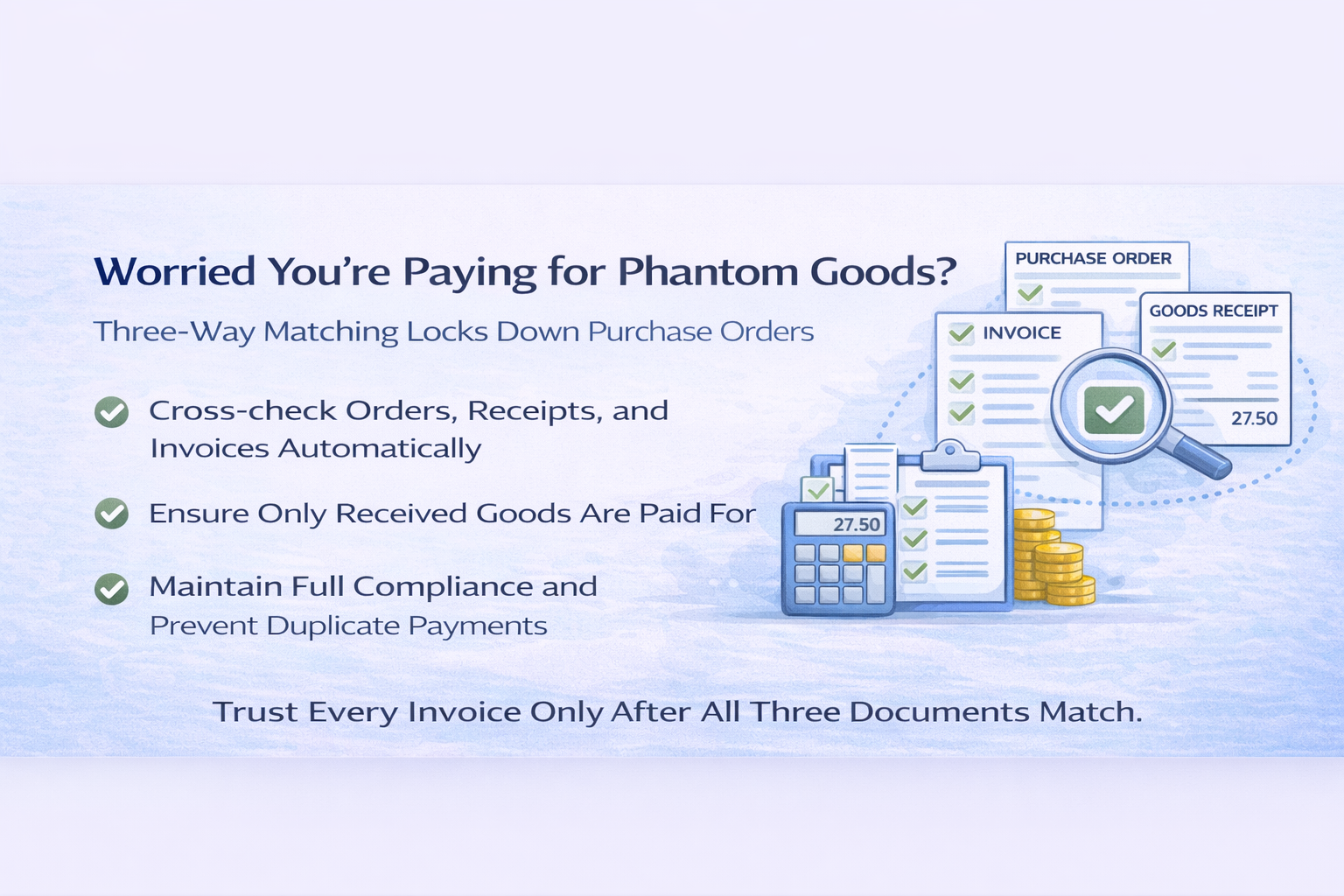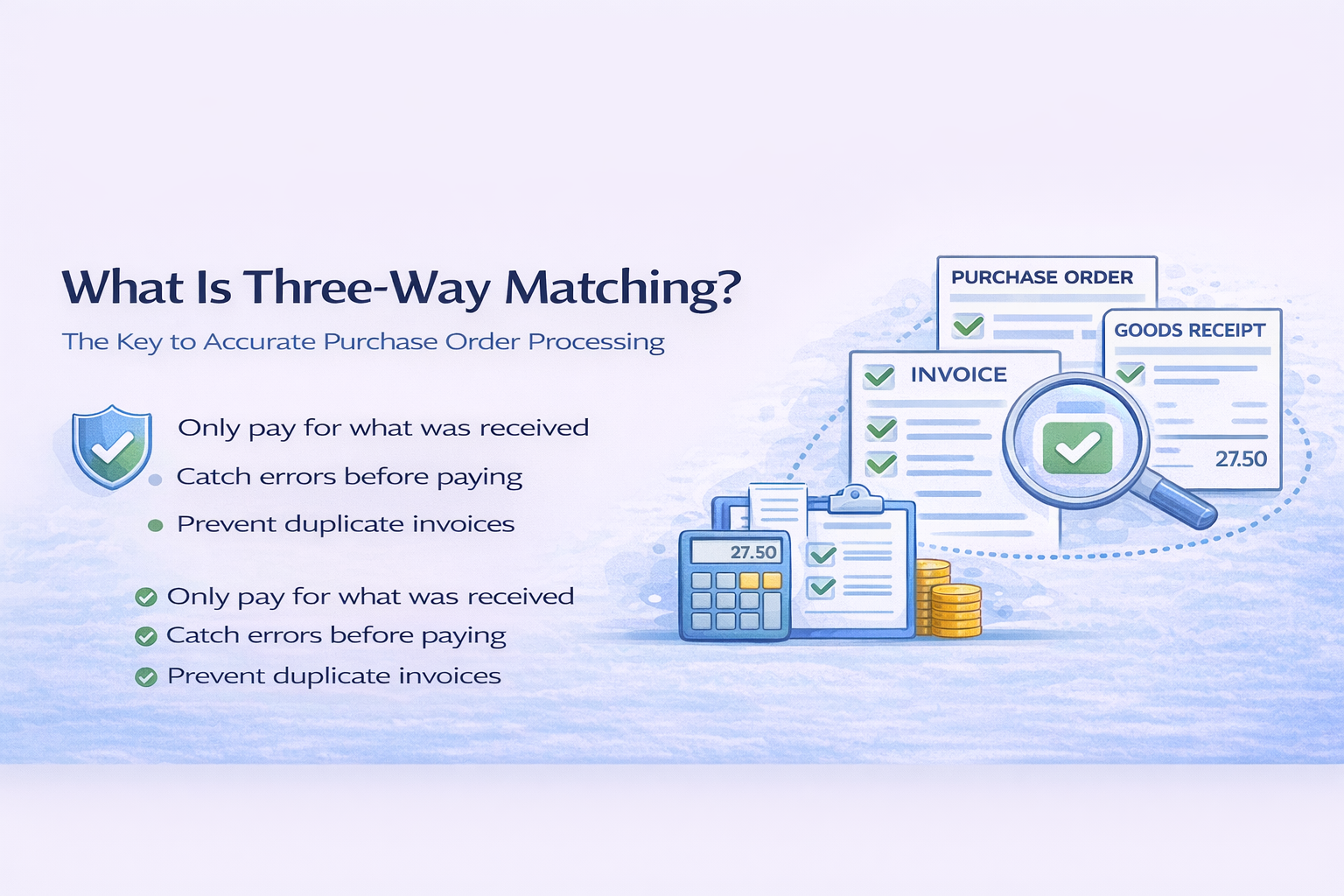
Pros and Cons: Comprehensive Analysis
Klarna BNPL Card Advantages:
For Consumers:
- Payment flexibility without credit checks
- Zero interest charges when payments are timely
- Simplified application and approval process
- Enhanced purchasing power for large items
- Transparent fee structure with no hidden costs
For Merchants:
- Increased average order values and conversion rates
- Access to younger, digitally-native customer segments
- Immediate payment receipt with deferred customer payment
- Marketing partnership opportunities with Klarna
- Competitive differentiation through flexible payment options
Klarna BNPL Card Disadvantages:
For Consumers:
- Higher merchant fees potentially reflected in product pricing
- Risk of overspending due to perceived affordability
- Late payment fees and potential credit score impact
- Limited financial education about total cost implications
- Potential debt accumulation across multiple BNPL providers
For Merchants:
- Higher transaction fees compared to traditional debit cards
- Increased customer service complexity for BNPL-related issues
- Potential for higher return rates and fraud risks
- Integration costs and technical complexity
- Dependency on third-party provider for payment processing
Traditional Banking Advantages:
For Consumers:
- Established regulatory protection and dispute resolution
- Comprehensive financial services integration
- Building credit history through responsible usage
- Familiar and widely accepted payment methods
- FSCS protection and banking relationship benefits
For Merchants:
- Lower transaction fees for debit card processing
- Established payment processing infrastructure
- Comprehensive fraud protection and chargeback processes
- Integration with existing business banking relationships
- Predictable fee structures and processing terms
Open Banking Advantages:
For Consumers:
- Zero transaction fees for account-to-account transfers
- Enhanced control over financial data sharing
- Real-time payment processing and confirmation
- Improved financial management through integrated services
- Strong regulatory protection under PSD2 framework
For Merchants:
- Significant cost savings with near-zero transaction fees
- Immediate access to cleared funds improves cash flow
- Enhanced financial data integration for business intelligence
- Reduced fraud risk compared to card transactions
- Direct bank relationship eliminates intermediary dependencies
PayHQ.ai: The Integrated Payment Solution
Beyond Single-Provider Limitations:
Whilst Klarna’s debit card represents innovation within one payment ecosystem, smart businesses are adopting integrated platforms that combine the benefits of all payment methods. This is where PayHQ.ai’s comprehensive approach becomes strategically crucial.
PayHQ.ai’s Multi-Payment Integration:
As a licensed Open Banking provider, PayHQ.ai integrates multiple payment methods—including Open Banking, traditional card processing, PayPal, and BNPL providers like Klarna—into a single, intelligent platform that adapts to the evolving payments landscape.
Comprehensive Payment Method Support:
Open Banking Integration:
- Zero transaction fees through BankPay direct bank transfers
- Real-time settlement with immediate cleared funds
- Enhanced financial data integration for cash flow management
- FCA-regulated security and consumer protection
Traditional Card Processing:
- Full merchant account functionality with competitive rates
- Support for all major card networks (Visa, Mastercard, Amex)
- Comprehensive fraud protection and chargeback management
- Established infrastructure for reliable payment processing
BNPL Provider Integration:
- Seamless connection to Klarna and other BNPL services
- Flexible payment options to increase conversion rates
- Access to younger demographic preferring instalment payments
- Enhanced purchasing power for customers
PayPal and Alternative Methods:
- Integration with PayPal’s established user base
- Support for digital wallets and emerging payment technologies
- International payment method compatibility
- Mobile-optimised payment experiences
Intelligent Payment Orchestration:
Dynamic Routing Technology:
- Automatically route transactions to the most cost-effective payment method
- Real-time analysis of fees, success rates, and processing times
- Customer preference learning and adaptation
- Fallback systems ensuring transaction completion
Cost Optimisation Engine:
- Compare transaction costs across all available payment methods
- Suggest optimal payment methods based on transaction value and customer profile
- Volume-based rate optimisation across multiple providers
- Real-time fee analysis and reporting
Business Benefits of Integrated Payment Solutions:
Comprehensive Cost Savings:
- Zero-Fee Options: Offer Open Banking for customers wanting to eliminate fees entirely
- Smart Fee Optimisation: Automatically choose lowest-cost method for each transaction
- Volume Leverage: Use combined transaction volume to negotiate better rates across all providers
- Transparent Cost Analysis: Real-time visibility into payment processing costs
Enhanced Customer Experience:
- Complete Payment Choice: Customers select their preferred method from all available options
- Seamless Checkout: Single integration provides unified experience across all payment types
- Flexible Payment Timing: Combine immediate payment options with BNPL flexibility
- Familiar and Innovative Options: Include trusted methods like PayPal alongside cutting-edge technologies
Operational Excellence:
- Single Integration Point: One API connection provides access to all payment methods
- Unified Analytics Dashboard: Comprehensive reporting across all payment providers
- Simplified Reconciliation: Single platform for managing all payment data and accounting
- Reduced Technical Complexity: Eliminate need for multiple gateway integrations and maintenance
Strategic Advantages for Different Business Models:
E-commerce Businesses:
- Present optimal payment methods based on customer demographics and order value
- A/B testing capabilities across different payment method combinations
- Mobile-optimised checkout experience across all devices
- International expansion support with local payment preferences
B2B Operations:
- Combine traditional business payment methods with modern BNPL options for equipment purchases
- Open Banking integration provides real-time visibility into business cash flow
- Supplier payment optimisation based on relationship value and cost analysis
- Automated reconciliation across all payment methods and business systems
Subscription Services:
- Flexible recurring payment options including Open Banking for zero-fee subscriptions
- BNPL integration for annual plan payments to increase customer acquisition
- Intelligent retry logic across multiple payment methods for failed payments
- Customer payment method preference management and optimisation
Future-Proofing Payment Strategy:
Market Evolution Adaptation: Rather than betting on a single payment innovation like Klarna’s card, PayHQ.ai’s platform approach allows businesses to benefit from all payment method innovations simultaneously:
- BNPL Growth: Automatically benefit as BNPL adoption increases without separate integrations
- Open Banking Expansion: Capture cost savings and efficiency gains as Open Banking usage grows
- Traditional Card Reliability: Maintain access to established payment methods customers trust
- Emerging Technology Integration: Quick adoption of new payment innovations as they enter the market
Competitive Advantages:
Versus Single-Provider Solutions:
- Immediate Cost Benefits: Access to zero-fee Open Banking alongside fee-based options
- Complete Market Coverage: Serve all customers regardless of payment preference or financial situation
- Risk Mitigation: Multiple payment options reduce dependency on any single provider’s success
- Innovation Access: Benefit from all payment method innovations without choosing winners
Versus Traditional Payment Processing:
- Significant Cost Reduction: Open Banking and optimised routing reduce overall processing fees
- Enhanced Customer Experience: Payment flexibility increases conversion rates and customer satisfaction
- Superior Business Intelligence: Unified platform provides comprehensive payment and customer analytics
- Operational Efficiency: Single integration reduces technical complexity and maintenance overhead
The Future Payment Landscape
Short-Term Impact (1-2 Years):
- Increased BNPL adoption through physical card availability
- Traditional banks developing competitive BNPL offerings
- Growing consumer awareness of payment flexibility options
- Merchant adaptation to multiple payment processing models
Medium-Term Evolution (3-5 Years):
- Integration of BNPL with Open Banking infrastructure
- Regulatory framework development for BNPL oversight
- Consolidation amongst BNPL providers and traditional financial institutions
- Enhanced AI and data analytics driving personalised payment options
Long-Term Transformation (5+ Years):
- Possible elimination of traditional credit cards for many consumers
- Open Banking becoming primary payment infrastructure
- BNPL evolving into comprehensive financial management platforms
- Complete integration of payments, lending, and financial planning services
Strategic Implications for Businesses:
Payment Strategy Evolution: Businesses must evaluate multiple payment options to optimise both customer experience and processing costs Technology Integration: Investment in flexible payment infrastructure supporting multiple payment methods Customer Experience Focus: Payment convenience and transparency becoming competitive differentiators Financial Planning: Understanding total cost of payment processing across different methods and customer preferences
Klarna’s debit card represents more than product innovation—it signals a fundamental shift in how payments, lending, and banking intersect. Whilst traditional cards rely on interest charges and fees, Klarna’s model prioritises transparency and flexibility.
The real disruption isn’t the card itself—it’s the demonstration that consumers want payment flexibility without the complexity and costs of traditional credit products.
For existing card platforms, this creates pressure to innovate or risk losing market share to more transparent, consumer-friendly alternatives. For Open Banking, it shows that payment innovation can happen within existing infrastructure whilst providing similar benefits.
However, the smartest businesses aren’t choosing between these innovations—they’re adopting integrated platforms that provide access to all payment methods simultaneously.
PayHQ.ai’s approach demonstrates that the future belongs to businesses that can offer customers complete choice whilst optimising costs and operational efficiency. Whether customers prefer the zero fees of Open Banking, the flexibility of BNPL, the familiarity of traditional cards, or the trust of PayPal, integrated platforms ensure businesses can serve all preferences optimally.
The ultimate winners will be providers who can combine the best of all approaches: the convenience of cards, the flexibility of BNPL, the efficiency of Open Banking, and the comprehensive service of traditional banking—all through a single, intelligent platform.
The question isn’t whether Klarna’s specific card will dominate the market, but whether the payment flexibility and transparency it represents will become the new consumer expectation—forcing entire industries to adapt or become obsolete.
The payments landscape is evolving rapidly, with new models challenging traditional approaches. Whether you’re a business looking to optimise payment processing costs or exploring how these changes might impact your operations, understanding these trends is crucial for strategic planning. How will your business adapt to this new era of payment flexibility and choice?




